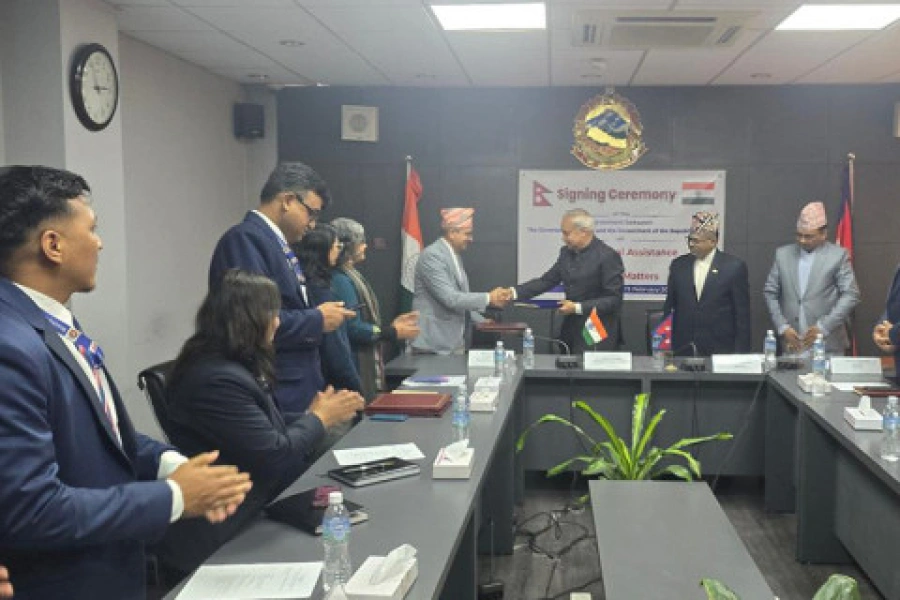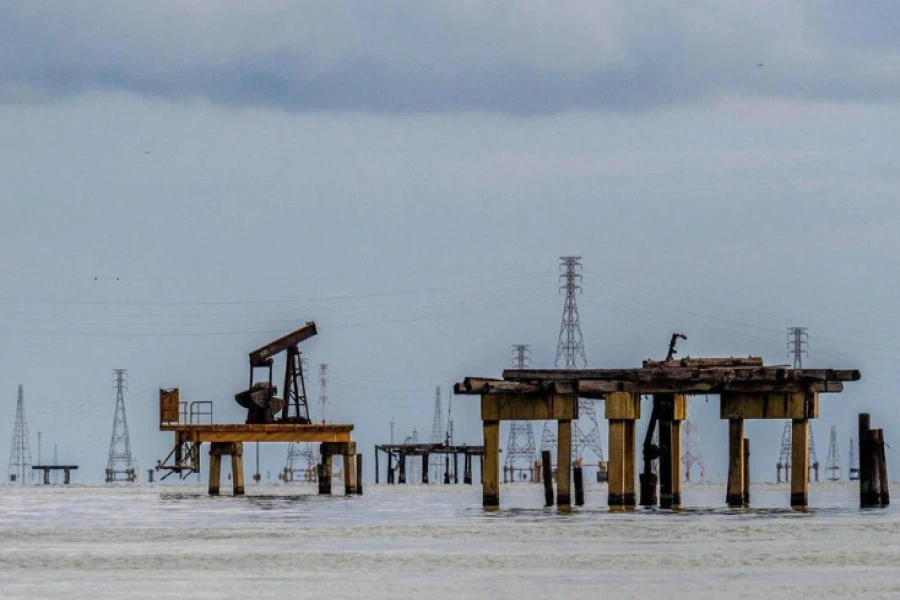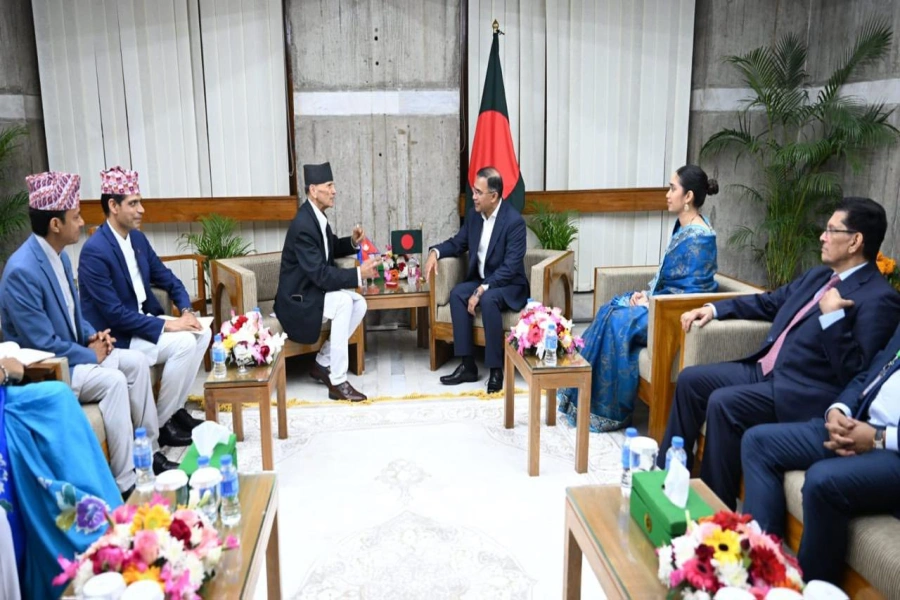For sections of the media, which regularly put Madhesh in bad light, even a cursory reading of Girish Giri’s work will be enlightening
At a time when the market is full of what appear to be biographies of some much-hyped contemporary writers, result of marketing gimmicks of some publications rather than the quality of their writing, Birgunj offers a welcome change: The biography of a city that has become synonymous with the mega quake that has been rattling the entire country for some time: the Madhesh movement.
It is a must read for those who want to understand the Madhesh movement better, for the city has been the epicentre of the movement. Especially for people from the hills, it is a necessary read, for it offers a more grounded view of the southern plains, something which parachute journalism cannot offer.
For sections of the media, which regularly put Madhesh in bad light, even a cursory reading of Girish Giri’s work will be enlightening.
Sections of the Madheshi population, who migrated from bordering Indian territories not so long ago and have already legally acquired Nepali citizenship, may not find it that palatable, especially when they have to confront people like Bhagat Singh, people from the Shikh community, who came here about four decades ago, made an immense contribution to Nepal’s transport sector but have not gotten Nepali citizenship certificates as yet for refusing to put on the Nepali cap instead of the turban, while posing for the photo to be affixed on the citizenship paper. This bizarre rule has made a mockery of Nepal’s citizenship law.
It is the story of heroes and villains, tasty like the culinary delights of Birgunj. Raxaul has been in news ever since the movement began and the Indian town started providing food and shelter to protesters. The book offers an interesting history of the city and how it got its name. Revealing it all will be akin to killing the pleasure of reading a good book and killing the element of surprise.
Not only the history of the city, the heroics of senior police officers like Rajendra Man Shrestha and Ramesh Kharel, the conspiracies of small-time and big-time political leaders like Bimal Shrivastav, the author’s father Gopal Giri and Pradip Yadav and Rajesh Man Singh, central youth figures fuelling the movement, criminalisation of politics and politicisation of crime, are all there in the book, making it a contemporary mini-Mahabharat of sorts, centred around Birgunj, the capital of the Tarai-centric movement that shook the very foundations of one of the oldest countries of the world not so long ago.
In a Birgunj turned into a Kurukshetra of modern Nepal, selfless souls like Gajendra Bahadur Basnet are slipping into oblivion. That’s one of the reasons turning this once thriving city into wasteland, this country into wasteland.
In this city of chaos, there’s at least one center of power whose roots lie elsewhere. Surprisingly, the book’s author only sees vehicles emerging from that establishment and disappearing into he does not know where, even when the multitudes cannot move around in their own land in times of trouble, due to shutdown orders coming from ‘agitating parties’ seeking redrawing of provincial boundaries.
What is that center doing amid all this chaos? Does it have no role in fanning the flames in the southern plains? Granted that Madhesh is not content with the old state, but then which part of Nepal, which community, which ethnicity is happy with the current scheme of things? Despite this discontent, other parts of the country are relatively quiet, other communities are relatively quiet, but Madhesh is not, Madheshis are not. What is that trigger that has Madhesh in flames?
Was the de facto viceroy’s office just sitting there like an isolated isle in a meditative state, when the city was burning and burning the whole country in its wake?
Distressingly, the book coming from a senior, grounded journalist fails to shed much light on that power center’s activities in these troubling times.
And that kills the joy of reading this otherwise great book.
One can only hope that the journalist will come up with at least one sequel to explain the missing link. ‘Leaving nefarious schemes to unfold themselves in due course of time’ is something that the son of a town should not do to his hometown.
MCube and BYD launch ‘Kathmandu Chronicles’ to celebrate Nepali...








































